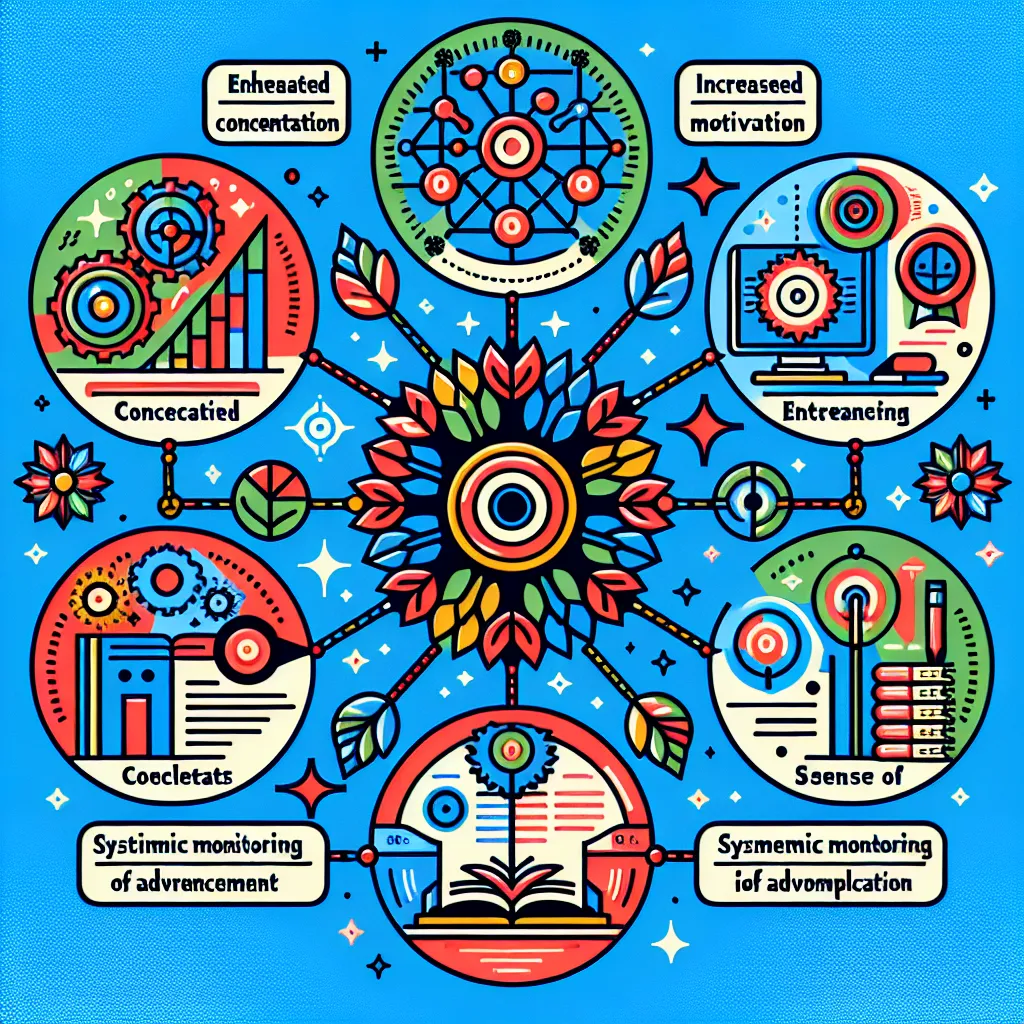Are you looking to enhance your English skills in the realm of technical writing? Whether you’re a student, professional, or aspiring technical writer, mastering the art of technical writing in English is crucial in today’s globalized world. This comprehensive guide will walk you through effective strategies and practical tips to boost your English proficiency in technical writing.
 Enhancing Technical Writing Skills
Enhancing Technical Writing Skills
Understanding Technical Writing in English
Technical writing is a specialized form of written communication used in fields such as science, engineering, technology, and business. It involves conveying complex information in a clear, concise, and accurate manner. Proficiency in English technical writing is essential for:
- Creating user manuals and guides
- Drafting technical reports and specifications
- Composing scientific papers and research articles
- Writing business proposals and technical documentation
Mastering this skill can significantly enhance your career prospects and professional credibility.
Key Strategies to Improve Your Technical Writing Skills
1. Expand Your Technical Vocabulary
A robust technical vocabulary is the foundation of effective technical writing. To enhance your lexicon:
- Read extensively in your field of interest
- Maintain a personal glossary of technical terms
- Use specialized dictionaries and thesauruses
- Practice using new terms in context
For instance, if you’re in the IT field, familiarize yourself with terms like “bandwidth,” “algorithm,” and “cybersecurity.”
2. Study Technical Writing Styles and Formats
Different industries and document types have specific writing styles and formats. To improve your proficiency:
- Analyze sample documents in your field
- Study style guides like the Chicago Manual of Style or the IEEE Editorial Style Manual
- Practice writing in various technical formats (e.g., reports, user manuals, specifications)
For example, when writing a technical report, focus on structure, headings, and data presentation.
3. Enhance Your Grammar and Syntax
Precise grammar and syntax are crucial in technical writing. To refine these skills:
- Review English grammar rules regularly
- Use grammar-checking tools, but don’t rely on them entirely
- Practice writing complex sentences and then simplifying them
- Seek feedback from native English speakers or language professionals
Remember, in technical writing, clarity trumps complexity. Aim for straightforward, unambiguous sentences.
4. Develop Clear and Concise Writing Habits
Technical writing demands clarity and conciseness. To cultivate these habits:
- Use active voice whenever possible
- Eliminate unnecessary words and phrases
- Break down complex ideas into smaller, digestible chunks
- Use bullet points and numbered lists for clarity
For instance, instead of writing “The implementation of the new system was carried out by the IT department,” write “The IT department implemented the new system.”
5. Practice Explaining Complex Concepts
A key aspect of technical writing is explaining complex ideas to various audiences. To improve this skill:
- Write explanations for technical concepts at different levels (beginner, intermediate, expert)
- Use analogies and real-world examples to illustrate abstract ideas
- Create visual aids like diagrams or flowcharts to support your explanations
For example, when explaining how a computer processor works, you might compare it to a brain processing information.
6. Engage in Peer Review and Collaboration
Feedback is essential for improvement. To leverage peer input:
- Join writing groups or online forums for technical writers
- Participate in peer review sessions
- Collaborate on technical writing projects
- Attend presentations and workshops to improve your comprehension
This exposure will help you understand different perspectives and writing styles in technical communication.
Advanced Techniques for Technical Writing Mastery
1. Master Technical Writing Software
Familiarize yourself with industry-standard software tools:
- Learn advanced features of word processing software
- Explore specialized technical writing tools like MadCap Flare or Adobe FrameMaker
- Understand version control systems for documentation management
Proficiency in these tools can significantly enhance your efficiency and output quality.
2. Develop Research Skills
Strong research skills are crucial for accurate technical writing:
- Learn to use academic databases and search engines effectively
- Develop the ability to quickly identify and extract relevant information
- Practice synthesizing information from multiple sources
For instance, when writing about a new technology, consult academic papers, industry reports, and expert interviews to ensure comprehensive coverage.
3. Understand Your Audience
Tailoring your writing to your audience is key in technical communication:
- Analyze your target readers’ background, needs, and expectations
- Adjust your language and level of detail accordingly
- Use appropriate tone and style for different audiences
For example, writing a user manual for a general consumer will differ significantly from writing a technical specification for engineers.
Common Pitfalls to Avoid in Technical Writing
- Overuse of jargon: While technical terms are necessary, overusing them can alienate readers.
- Lack of structure: Always use a clear, logical structure in your documents.
- Inconsistency: Maintain consistent terminology and style throughout your writing.
- Ignoring visual elements: Charts, graphs, and diagrams can greatly enhance understanding.
- Neglecting proofreading: Always thoroughly proofread your work for errors and clarity.
Next Steps in Your Technical Writing Journey
To continue developing your English proficiency in technical writing:
- Set specific goals for improvement (e.g., mastering a new writing style or software tool)
- Create a regular writing practice schedule
- Seek out mentorship or advanced training opportunities
- Consider obtaining professional certifications in technical writing
Remember, becoming proficient in technical writing is an ongoing process that requires consistent practice and a commitment to learning.
Conclusion
Developing English proficiency in technical writing is a valuable skill that can open numerous professional opportunities. By focusing on expanding your technical vocabulary, honing your grammar skills, practicing clear and concise writing, and continuously seeking feedback and improvement, you can significantly enhance your abilities in this field. Remember, the key to mastery is consistent practice and a willingness to learn from each writing experience. Start implementing these strategies today, and watch your technical writing skills soar to new heights.




